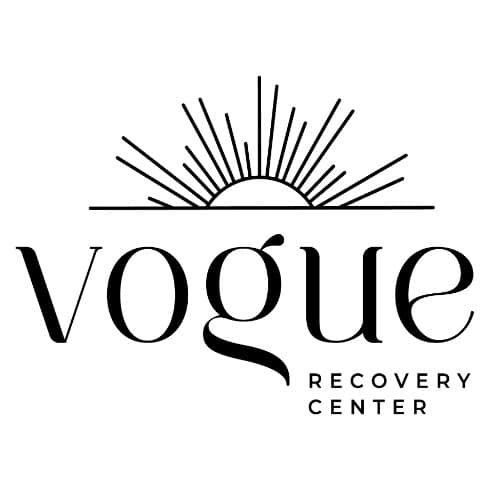Recovery from alcoholism is an ongoing process. But if an individual doesn’t want to completely give up drinking after a history of alcohol abuse, can they keep drinking? Is it safe for them? And how can they keep drinking without relapsing into alcohol addiction again? These are questions you have to consider when wondering whether alcoholics can drink again. Let’s talk about the specifics.
Can Alcoholics Drink Again?
Throughout the process of overcoming an unhealthy addiction to alcohol, you are in a vulnerable state. The same is true after you complete formal alcohol rehab. At that point, even though you’ve learned alternative coping skills and personal motivation, your temptations don’t vanish. In reality, alcohol will always be a particular craving and desire that you have. It’s understandable you want to know if you can still drink as a recovered alcoholic. However, the question comes down to this: can you drink in healthy moderation without relapsing back into alcohol abuse?
This is a tricky question to answer because, as much as you’d like to maintain self-control, there are additional factors impacting the situation. It’s not safe for alcoholics in recovery to begin drinking after getting sober because their risk of relapse is high. Let’s unpack why this is, according to what it means to be an “alcoholic.”
Self-Assessment: Am I Addicted?
"*" indicates required fields
Contact Us
Ready to Get Help? Get in Touch Today.
"*" indicates required fields
What Does it Mean to Be an Alcoholic?
To be an alcoholic is to be someone who has a serious history of alcohol abuse. At some point in your life, for varying reasons, drinking turned into unhealthy habits of bingeing, heavy drinking, and addiction. Alcohol use disorder (AUD), also called alcoholism, is a brain disorder where alcohol impacts and controls your brain functioning. Therefore, your desire to drink is both psychological and physical. It is much greater than yourself, which also means it’s not merely a matter of willpower. If you’re a recovered alcoholic and start drinking again, it’s likely you won’t be able to stick to healthy moderation.
Essentially, this is because alcohol use disorder is a chronic condition. Although you can recover, you will always have to manage your alcohol use patterns. Otherwise, you can easily fall back into relapse. Typically, relapse for an alcoholic doesn’t refer to casual or social drinking. Instead, it refers to the return to heavy drinking, because their substance abuse history pulls them back into alcohol abuse.
What Are the Dangers of Alcohol Abuse Relapse?
If you relapse back into alcohol abuse, you will start erasing the work you’ve done to overcome your addiction and its damage to your life. When someone abuses substances, all areas of their life feel the negative impacts. For example, you put yourself back in danger of health conditions, including nutrient deficiencies, liver disease, heart damage, and stroke. Additionally, your mental health can start to decline in response to the toxins of alcohol flooding your system again. Even further, the trust you’ve built and the relationships you’ve worked to repair are in jeopardy of falling apart.
However, if you experience relapse, don’t beat yourself up. Unfortunately, relapse is an incredibly common part of the addiction cycle because alcohol is so habit-forming. What matters is that you seek immediate help to get back on track with sobriety.
Tips to Avoid an Alcohol Relapse
Knowing your struggle with alcohol, to avoid relapse, keep yourself away from potentially tempting situations. For example, don’t agree to social plans revolving around drinking, and don’t let yourself go to bars, wineries, or liquor stores. Often, the best way to avoid alcohol relapse is to immerse yourself in sober activities and alternative plans. These can look like exercise, hobbies, holistic therapies, and creative work.
Finding Professional Help for Alcohol Addiction
If you have relapsed or are worried you’re heading down that path, please don’t hesitate to reach out for professional addiction treatment! We are available 24/7 to help you avoid alcohol and receive care when cravings have pulled you down. It’s imperative that you seek assistance as soon as you need it!
Questions about treatment options?
Our admissions team is available 24/7 to listen to your story and help you get started with the next steps.
Author
-

Content Writers
At Vogue Recovery Center, we make information about addiction clear and easy to understand, no matter your familiarity with the topic. With expertise in addiction and recovery, the Vogue Recovery Editorial Staff creates content that’s engaging, informative, and relatable. Whether you’re exploring treatment options or the science of addiction, our blog has you covered. We share evidence-based insights on substance abuse and mental health from trusted sources.
View all posts









